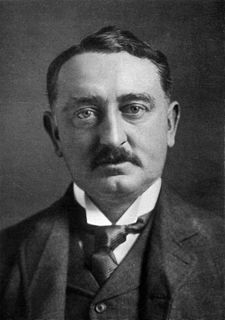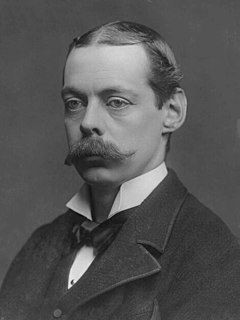A Quote by David Olusoga
The history of the British empire, the chapter of our national story that would have explained to my classmates why a child born in Nigeria was sat among them, was similarly missing from the curriculum.
Related Quotes
One would have thought that if there was one cause in the world which the Conservative party would have hastened to defend, it would be the cause of the British Empire in India ... Our fight is hard. It will also be long ... But win or lose, we must do our duty. If the British people are to lose their Indian Empire, they shall do so with their eyes open.
If Mother Culture were to give an account of human history using these terms, it would go something like this: ' The Leavers were chapter one of human history -- a long and uneventful chapter. Their chapter of human history ended about ten thousand years ago with the birth of agriculture in the Near East. This event marked the beginning of chapter two, the chapter of the Takers. It's true there are still Leavers living in the world, but these are anachronisms, fossils -- people living in the past, people who just don't realize that their chapter of human history is over. '
Savagery was a word that Westerners used to, again, to consciously differentiate them from non-Westerners, to assert that superiority, that cultural superiority. It goes back to the British Empire, and again, you know, what was the purpose of the British Empire? To bring civilization to the savage no matter where they were, whether it was India or Asia or Australia or whatever. It's that civilizing mission that characterizes so much of the history of Western colonialism.
By repealing the Child Poverty Act, which forced governments to take real action to tackle child poverty, this government brings a proud chapter of British history to an undignified end. In future the government will measure child poverty not by looking at whether they have any money, but by looking at their so-called 'life chances.'
A lot of Christians have been taught a story that begins in chapter 3 of Genesis, instead of chapter 1. If your story doesn't begin in the beginning, but begins in chapter 3, then it starts with sin, and so the story becomes about dealing with the sin problem. So Jesus is seen as primarily dealing with our sins.






































